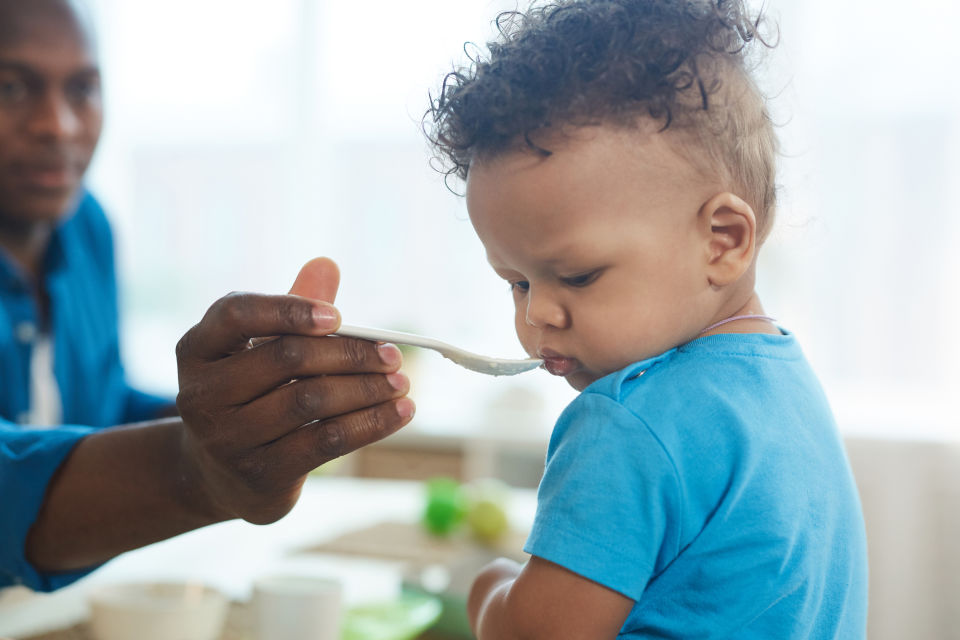Many children will experience a loss of appetite at some point. As a parent, it’s natural to worry when your child doesn’t seem to be eating as much as usual. It’s important to recognize what might be causing a loss of appetite and when it might be time to seek help from your pediatrician.

There are many common, everyday reasons a child might lose their appetite. Often, children’s appetites will return in a few days. Loss of appetite in young children can have many different causes. Here are some common ones:
Illness: Common illnesses such as colds, flu, and ear infections can cause a loss of appetite in children. More serious illnesses such as pneumonia, strep throat, and gastroenteritis can also lead to a decreased appetite.
Teething: When a child is teething, their gums may be sore and tender, which can cause them to lose their appetite or have trouble eating.
Toxic stress: Toxic stress is a type of stress that can have a negative impact on a child’s physical and emotional well-being. When a child experiences toxic stress, their body produces high levels of stress hormones, such as cortisol and adrenaline, which can interfere with their appetite and digestion. Toxic stress can also affect the brain’s ability to manage hunger and fullness signals, leading to a loss of appetite or a decrease in food intake.
Medications: Some medications, such as antibiotics and pain relievers, can cause a loss of appetite in children.
Dental issues: Dental problems such as cavities or gum disease can cause pain or discomfort when eating, which can lead to children avoiding eating.
Food preferences: Young children may be picky eaters and have certain foods they refuse to eat.
Overeating: Children who eat too much at one meal or snack may not be hungry for the next meal.
Growth spurts: Children’s appetites can change as they go through growth spurts. They might eat more than usual during the growth spurt and then eat less when their growth slows down.
It is important to monitor a child’s weight and growth if they are experiencing a loss of appetite. Here are some signs that might indicate a need to consult your pediatrician: Weight loss: If your child is losing weight or not gaining weight as expected, it could be a sign of a more significant issue.
Ongoing loss of appetite: If your child’s appetite doesn’t improve after a few days, it might be time to consult your pediatrician.
Fatigue or weakness: If your child seems unusually tired or weak, it could be a sign that they’re not getting enough nutrients.
Other symptoms: If your child is experiencing other symptoms, such as fever, vomiting, or diarrhea, along with a loss of appetite, it’s essential to seek medical advice.
If you’re concerned about your child’s loss of appetite, it’s always a good idea to consult your pediatrician. They can help determine if there’s an underlying issue that needs to be addressed and provide guidance on how to help your child regain their appetite.
In the meantime, try to be patient and supportive. Offer a variety of healthy foods, and encourage your child to eat when they feel hungry. Remember that it’s normal for children’s appetites to change, and most of the time, a loss of appetite is temporary and not a cause for concern.






